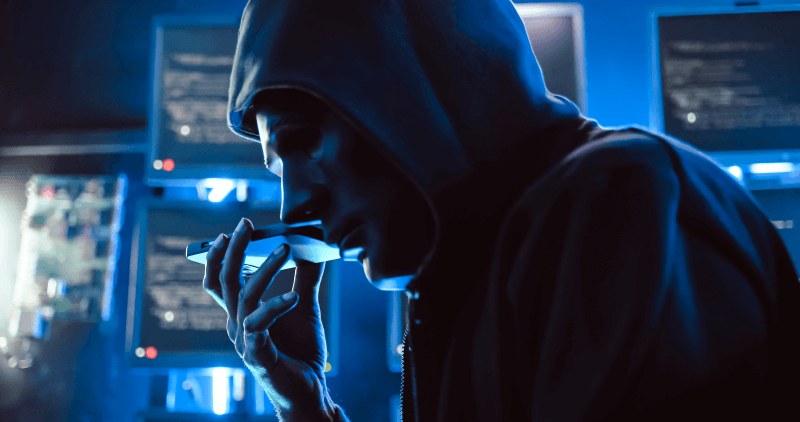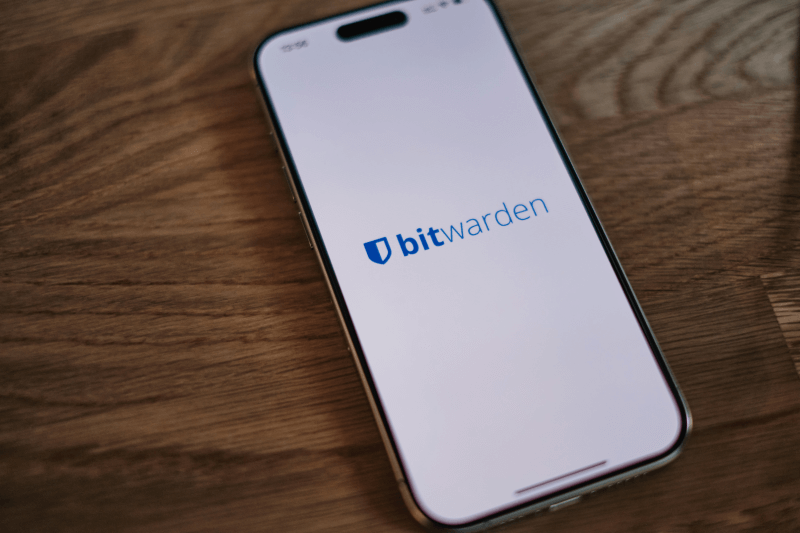Vishing & AI Social Engineering Threats Target Enterprises in 2026
Social engineering is accelerating in 2026, with attackers shifting from malware to manipulating people through voice calls, phishing emails, and AI-powered deception. From enterprise vishing campaigns stealing SSO and MFA credentials to global cyberespionage operations and large-scale breaches triggered by a single employee interaction, trust exploitation remains the primary entry point. As emerging economies and cloud-driven organizations expand their digital footprint, identity deception, impersonation, and voice-based attacks are becoming dominant threats—proving that the human element is still the most targeted vulnerability in cybersecurity.


